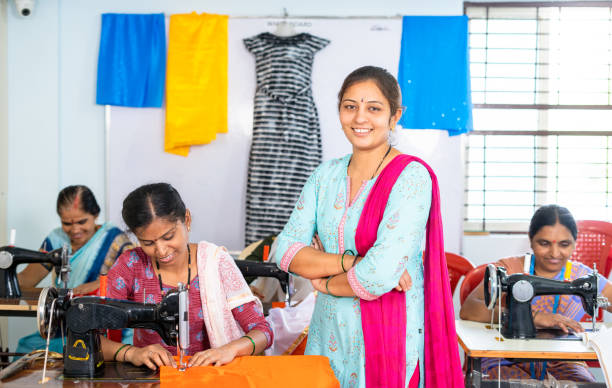Non-Governmental Organizations (NGOs) have emerged as pivotal champions in the pursuit of gender equality and safeguarding women’s human rights. With a relentless commitment to addressing the unique challenges faced by women globally, these NGOs have played a transformative role in advocating for women’s rights as fundamental human rights. In this comprehensive exploration, we will unravel the multifaceted and indispensable role that Noida NGOs play in promoting and protecting the human rights of women.

Role of NGOs in Promoting and Protecting Human Rights of Women
1. Advocacy for Gender Equality
NGOs serve as vocal advocates for gender equality. They engage with governments, policymakers, and international bodies to drive the implementation of gender-sensitive legislation and policies that safeguard women’s rights. This advocacy extends to pushing for legal frameworks that protect women from discrimination, violence, and inequality.
2. Raising Awareness
NGOs are instrumental in shaping societal attitudes and perceptions towards women’s rights. Through diverse awareness campaigns, encompassing social media, workshops, and community outreach programs, they educate society about the importance of gender equality and the protection of women’s rights as human rights.
3. Support for Survivors of Gender-Based Violence
Many NGOs operate shelters and support centers catering to survivors of gender-based violence. These safe havens offer not only physical protection but also psychological support, counseling, and resources to help survivors rebuild their lives and regain independence.
4. Legal Aid
Recognizing the significance of access to justice, NGOs provide legal assistance to women who have experienced human rights violations. They guide women through legal processes, ensuring that they have the means to seek justice and hold perpetrators accountable.
5. Economic Empowerment
Economic independence is a fundamental aspect of human rights. NGOs empower women economically by offering job skills training, entrepreneurship programs, and access to resources. These initiatives enable women to achieve financial autonomy, reducing their vulnerability to exploitation.
6. Healthcare Initiatives
NGOs spearhead healthcare programs tailored to women’s specific health needs. These encompass reproductive health services, maternal care, and awareness campaigns addressing crucial issues like breast cancer and cervical health. By focusing on healthcare, NGOs bolster women’s overall well-being.
7. Education for Girls
Promoting and ensuring equal access to quality education for girls is a core mission of NGOs. They work to eliminate barriers that hinder girls’ education and advocate for policies that create a level playing field, enabling girls to pursue their educational aspirations.
8. Political Participation
NGOs actively encourage and support women’s participation in political processes. Through training, mentorship, and resource provision, they empower women to take part in political decision-making, thereby amplifying their voices on critical issues.
9. Research and Data Collection
To inform evidence-based advocacy and policy development, NGOs conduct extensive research and data collection on women’s rights issues. This research underpins their efforts to effect meaningful change and hold authorities accountable.
10. International Advocacy
Many NGOs engage with international organizations, such as the United Nations, to advocate for women’s rights on a global scale. They participate in discussions, conferences, and negotiations to ensure that women’s human rights are upheld worldwide, transcending borders and cultures.
11. Fighting Discrimination
NGOs are at the forefront of efforts to eradicate discrimination against women in all its forms. They challenge deeply rooted societal norms and practices that perpetuate gender-based violence and discrimination, advocating for a more inclusive and equitable society.
12. Supporting Marginalized Communities
Recognizing that some women face unique and compounded challenges, NGOs often focus on vulnerable and marginalized groups. This includes refugees, indigenous women, and women with disabilities, for whom NGOs provide tailored support and assistance to address their specific needs.
Conclusion
The indispensable role of NGOs in promoting and protecting the human rights of women is undeniable. Their unwavering commitment to gender equality, the elimination of discrimination, and the creation of equal opportunities in education, healthcare, and economic participation has made a profound impact. As we celebrate the advancements in women’s rights, it is crucial to acknowledge the pivotal contribution of NGOs to this ongoing journey toward equality and justice. Through their dedication and tireless advocacy, NGOs continue to effect transformative change in the lives of women across the globe.





Comments